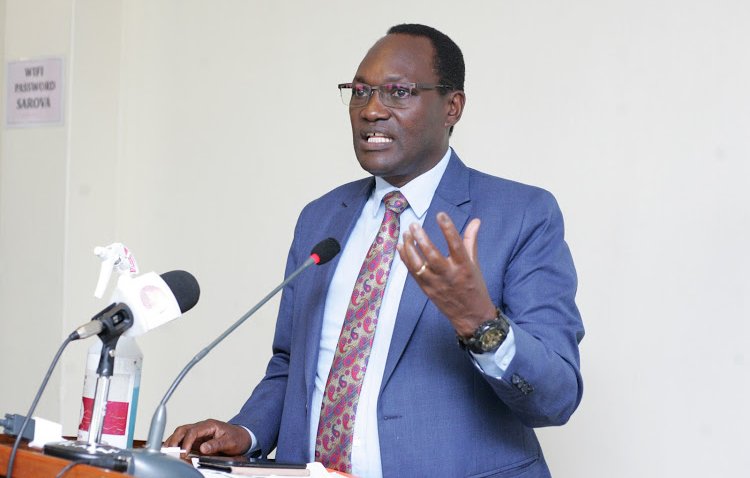Nairobi, Kenya — The Government of Kenya is set to roll out sweeping reforms in public finance management with the launch of a Digital Debt Automation System and a Treasury Single Account (TSA) on October 6, 2025. The initiative, led by the National Treasury, aims to streamline financial operations, improve transparency, and tighten control over the country’s growing public debt.
Announcing the reforms, Dr. Chris Kiptoo, Principal Secretary at the National Treasury, confirmed that the government is working in coordination with the Controller of Budget, Central Bank of Kenya (CBK), and the Office of the Auditor General to integrate key financial platforms. These include the Integrated Financial Management Information System (IFMIS), CBK’s banking infrastructure, and the Commonwealth Meridian Debt Management System.
The integration, powered by Application Programming Interfaces (APIs), will allow for real-time tracking of liquidity and cash flow, reducing manual processes and improving efficiency across government entities.
“The digital debt platform and TSA will significantly improve coordination, oversight, and accountability in managing public resources,” Dr. Kiptoo said.
The Treasury Single Account is expected to consolidate government funds under one system, replacing the current fragmented approach in which different ministries and agencies operate multiple bank accounts. This consolidation is designed to minimize idle balances, eliminate duplication, and enhance financial discipline.
The digital debt system, meanwhile, will automate the management of Kenya’s debt portfolio, which has ballooned to over KSh 10.3 trillion (approximately USD 70 billion). The new platform will enable faster access to debt servicing data, reduce errors, and support better decision-making in line with International Monetary Fund (IMF) recommendations.
The reforms come at a time when Kenya faces increasing scrutiny over fiscal discipline, with rising debt levels prompting concern from both domestic stakeholders and international lenders. The IMF has consistently called for enhanced public sector financial management, and these reforms are seen as critical steps toward fulfilling that obligation.
According to the Treasury, once implemented, the new systems will improve the quality of financial reporting, promote transparency, and make it easier to monitor and control public expenditure.
As the October rollout approaches, officials say the reforms will mark a major milestone in Kenya’s journey toward digital governance and fiscal sustainability, potentially setting a benchmark for other countries in the region.
